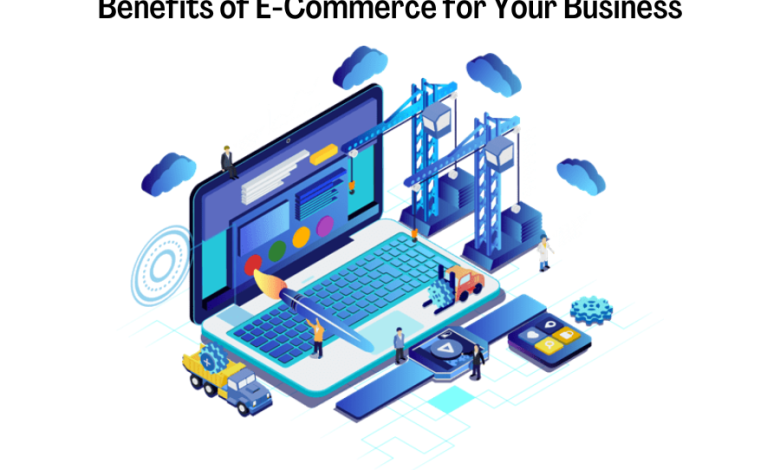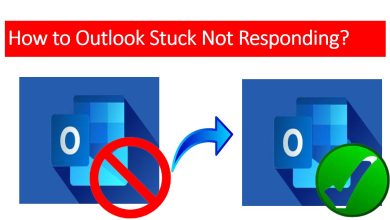
While keeping up with global trends and foreseeing future developments is undoubtedly important, e-commerce offers more than that. The market is already very large; you can now investigate e-commerce benefits that aid in the expansion of your company.
Strength of Competition
Although it might initially appear to be a disadvantage, the highly competitive nature of the e-commerce industry actually serves as a powerful development driver. The key distinction between physical and online stores is that with digital platforms, the activities of your rivals are made public. You can use Similar Web to track their traffic, sign up for newsletters to keep track of new deals and use social media to follow them to learn about their branding strategies. A Website Development Company helps to develop an e-commerce website.
One of the main benefits and drawbacks of e-commerce is the open and transparent nature of the competition. You are free to benefit from their missteps and their business strategies by learning from them. However, you must exercise caution when dealing with your rivals because they can observe your tactics.
Aids in Meeting Higher Demands
Getting used to e-commerce puts you in touch with the market and, more importantly, the final consumer. Business owners and managers can access behavioral statistics from Google Analytics and Shopify to learn about the most common customer interactions. You can use a Customer Relationship Manager system to integrate email personalization, conversion tracking, working with potential customers, and automated follow-ups.
It’s also important to note that e-commerce customers are very picky about the products they purchase. Although it is possible to make an impulse purchase online, most customers prefer to read reviews, learn more about the business, and conduct extensive research. Additionally, they anticipate that the website will offer them relevant information; otherwise, they won’t look up a product’s name or description.
One of the main advantages of e-commerce is that these high demands motivate your company to expand to a new level. Fortunately, you don’t necessarily need to spend money because there are many tools available for free that enable better website management and sophisticated analytics.
Lower Maintenance and Management Costs
E-commerce has a history of being more effective and less expensive than traditional retail. Let’s examine how online stores can reduce their maintenance costs in comparison to traditional brick-and-mortar stores.
#1. Accurate reporting: A web store can navigate automated integrations with invoicing software and accounting managers for accurate reporting. This speeds up financial operations and shields a company from possible fines.
#2. Less additional costs: Less additional spending is required because all funds that were previously used for building maintenance, rent, or electricity can now be used for marketing and advertising.
#3. Management of inventory: An online store is not required to have a warehouse. An alternative would be for a business to hire wholesalers or rent space. There are no time-consuming issues with storage, logistics, organization, or unpacking.
#4. Communication: E-commerce enables retailers to communicate with their staff members via social media and online messengers. Social media, email, mobile devices, and messaging apps are used to contact clients. All conversation logs are kept in specific management tools.
Another reason a business might use e-commerce is the wealth of automation opportunities it provides. Business owners can shift their attention from routine tasks to goals related to development.
A Single Location For All Product Information
Even for businesses that don’t intend to depart from traditional retail, having an online store is practical. Before making any kind of purchase, more than 50% of consumers conduct online market research for the purpose of comparing products. For potential customers to access your offer from both desktop and mobile devices, it must be simple to find online.
Customers can access all of your product offerings, promotional offers, contact details, and responses to the most crucial queries through an online store. Employees no longer have to respond to the same questions about delivery, return policies, or discounts when there are functional digital e-commerce platforms.




